Gabon: A Jewel of Central Africa
Related Articles: Gabon: A Jewel of Central Africa
Introduction
In this auspicious occasion, we are delighted to delve into the intriguing topic related to Gabon: A Jewel of Central Africa. Let’s weave interesting information and offer fresh perspectives to the readers.
Table of Content
Gabon: A Jewel of Central Africa

Gabon, a nation nestled on the west coast of Central Africa, is often overlooked amidst its more prominent neighbors. However, this small, densely forested country possesses a unique charm and a wealth of natural wonders that make it a destination of growing interest for travelers and researchers alike.
A Tapestry of Diverse Landscapes
Gabon’s geography is defined by its lush rainforests, which cover over 85% of its landmass. These forests are home to an astounding array of flora and fauna, including endangered species like gorillas, chimpanzees, and forest elephants. The coastline, stretching for over 800 kilometers, boasts pristine beaches, mangrove swamps, and a vibrant marine ecosystem.
The country’s interior is punctuated by a network of rivers, most notably the Ogooué River, which flows through the heart of Gabon and empties into the Atlantic Ocean. The Ogooué River basin is a vital source of sustenance for the country’s population and a critical habitat for numerous species.
A Rich Heritage and Cultural Tapestry
Gabon’s cultural landscape is as diverse as its natural environment. The country is home to over 40 distinct ethnic groups, each with their unique traditions, languages, and artistic expressions. Traditional art forms, including wood carving, masks, and textiles, reflect the deep spiritual connections of Gabonese people to their environment.
The country’s history is marked by the influence of various cultures, including Bantu, Portuguese, and French. The arrival of Europeans in the 15th century led to the establishment of trading posts and the exploitation of natural resources. Gabon gained independence from France in 1960, ushering in a new era of self-determination.
A Beacon of Conservation and Sustainability
Recognizing the immense value of its natural heritage, Gabon has taken significant steps to protect its environment. The country boasts a network of national parks and reserves, including the Loango National Park, known for its exceptional wildlife and pristine beaches. These protected areas serve as vital sanctuaries for endangered species and contribute to the preservation of Gabon’s biodiversity.
Gabon’s commitment to conservation extends beyond national parks. The country has implemented innovative policies aimed at promoting sustainable forest management, reducing deforestation, and promoting ecotourism. This proactive approach has positioned Gabon as a leader in environmental stewardship and a model for other nations seeking to balance economic development with ecological preservation.
Economic Diversification and Sustainable Development
Gabon’s economy has traditionally been heavily reliant on oil and manganese extraction. However, the government is actively pursuing diversification strategies, investing in sectors such as tourism, agriculture, and forestry. The country’s abundant natural resources, coupled with its political stability and commitment to sustainable development, hold immense potential for future economic growth.
Gabon: A Destination of Discovery
For travelers seeking an authentic African experience, Gabon offers a unique blend of natural beauty, cultural richness, and adventure. From exploring the dense rainforest to witnessing the grace of gorillas in their natural habitat, Gabon provides unparalleled opportunities for wildlife viewing and cultural immersion.
FAQs about Gabon
1. What is the capital of Gabon?
The capital of Gabon is Libreville.
2. What is the official language of Gabon?
The official language of Gabon is French.
3. What is the currency of Gabon?
The currency of Gabon is the Central African CFA franc (XAF).
4. What are some of the major attractions in Gabon?
Some of the major attractions in Gabon include Loango National Park, the Ogooué River, and the Pongara National Park.
5. Is Gabon a safe country to visit?
Gabon is generally considered a safe country to visit, but it is always advisable to take necessary precautions and be aware of your surroundings.
Tips for Visiting Gabon
- Obtain a visa in advance. Visa requirements vary depending on your nationality.
- Get vaccinated against yellow fever. Yellow fever is a serious disease that can be fatal.
- Pack light clothing and comfortable shoes. The climate in Gabon is tropical, with high humidity and temperatures.
- Bring insect repellent. Mosquitos are prevalent in Gabon, and some carry diseases like malaria.
- Learn a few basic French phrases. French is the official language, and knowing a few phrases can be helpful.
- Respect local customs and traditions. Gabon is a country with a rich cultural heritage.
Conclusion
Gabon stands as a testament to the beauty and resilience of the African continent. Its diverse landscapes, rich cultural heritage, and commitment to conservation offer a compelling glimpse into the future of sustainable development. As the world increasingly recognizes the importance of protecting biodiversity and promoting responsible tourism, Gabon’s story serves as an inspiration and a beacon of hope for a more sustainable future.
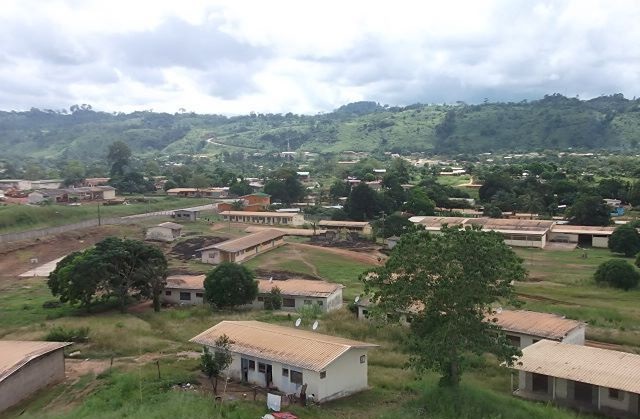

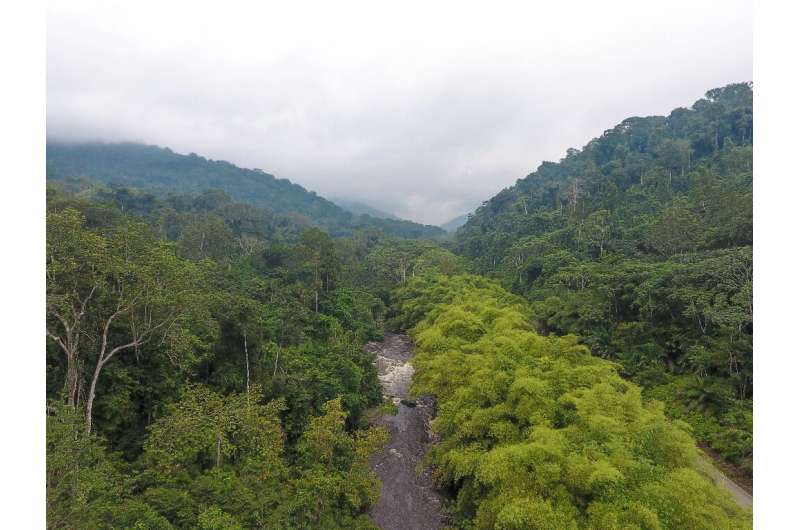
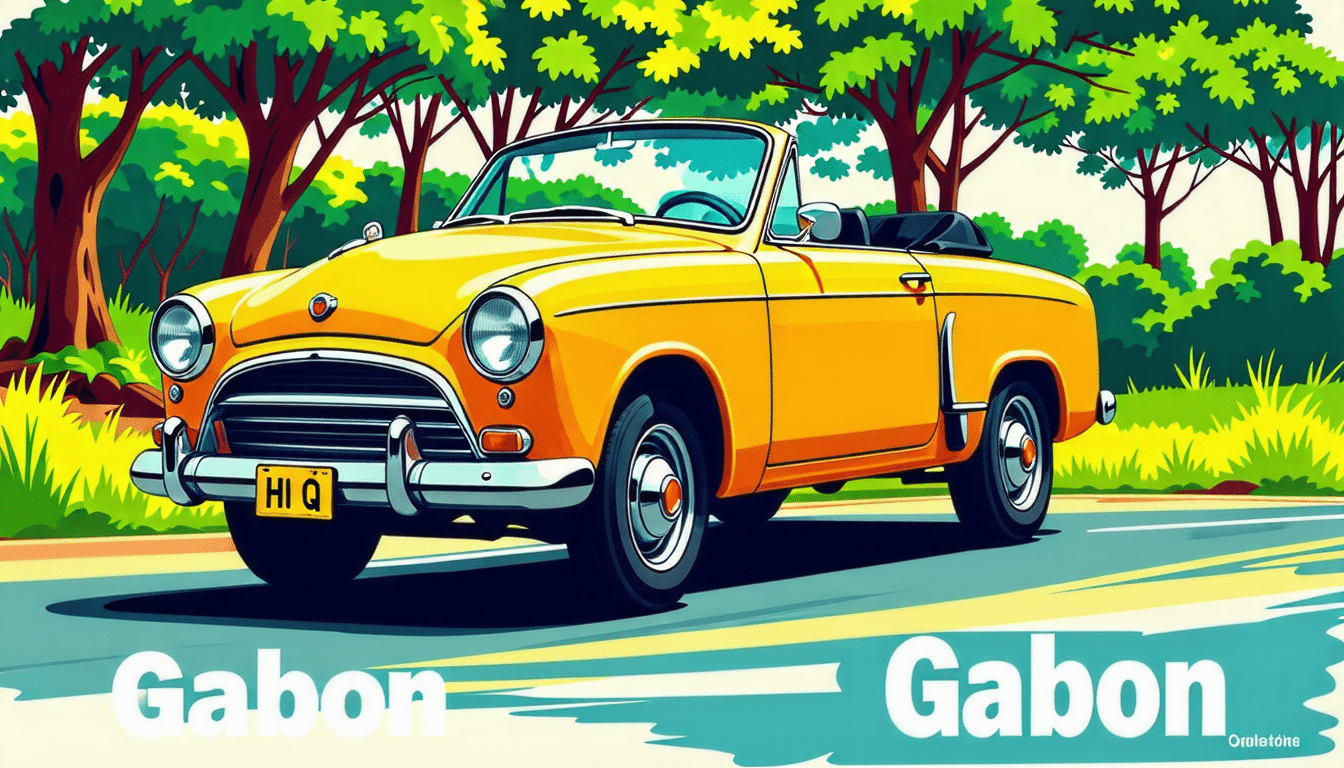
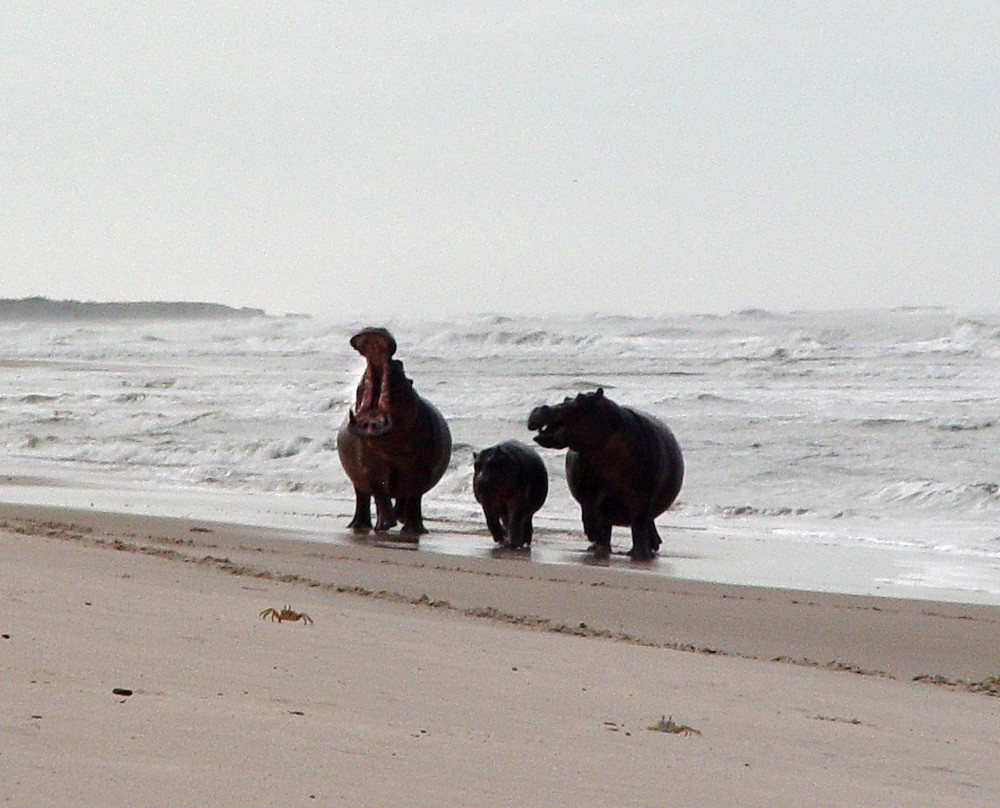
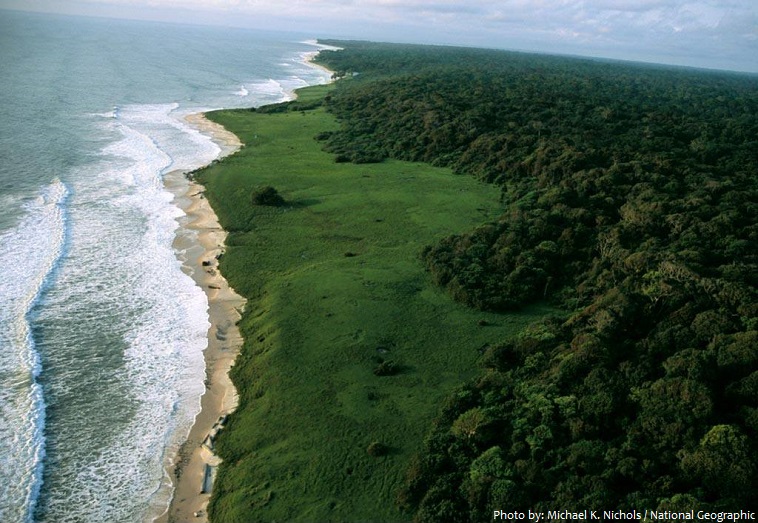
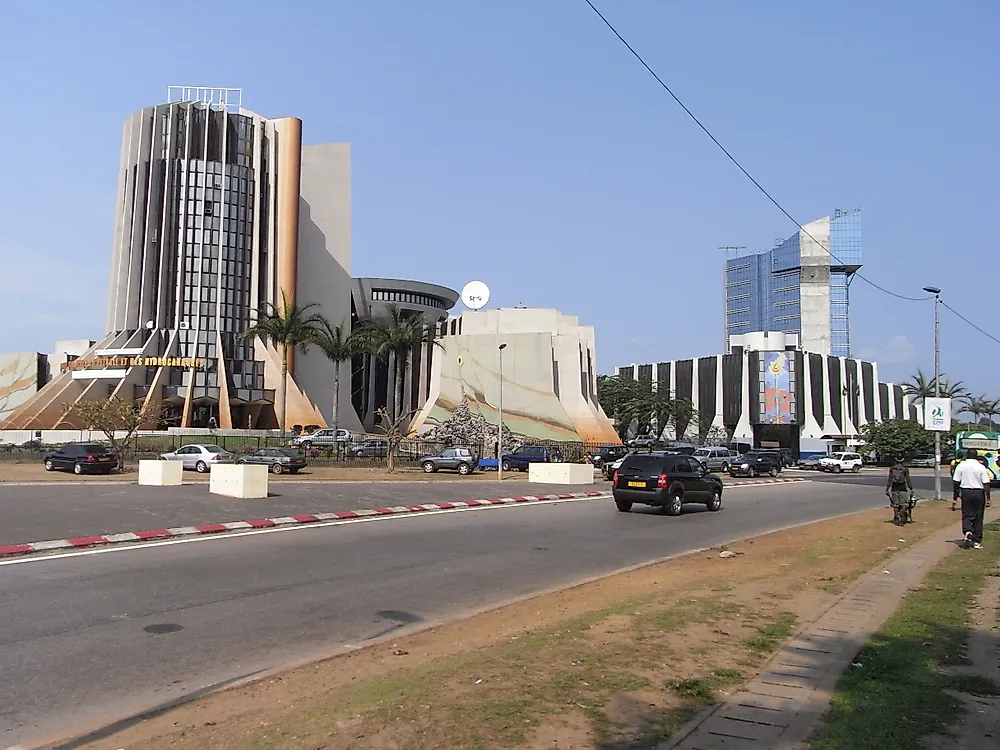

Closure
Thus, we hope this article has provided valuable insights into Gabon: A Jewel of Central Africa. We thank you for taking the time to read this article. See you in our next article!